What is freehold property? All you need to know about buying a freehold
What does the term freehold property mean? Freeholds explained by a team of property experts
What is a freehold? When buying a property some of the terms can feel overwhelming if you don't understand the implications of what they mean.
There are two main ways of ownership when buying a house ('property' meaning the land and the buildings on that land) in England and Wales - freehold and leasehold. We ask a team of experts to share property advice to clearly outline exactly what it means to buy a freehold on a property.
What is freehold property?
'Freehold is the 'senior' or 'superior' title simply because the freeholder owns the property absolutely (e.g. there is no time limit on their ownership),' explains Jane Lonergan, Partner and Head of Property, Wilsons Solicitors LLP.
'All property has a freehold but the freeholder can lease the property to a tenant, giving them a right to occupy the property for a period of time ('the term'). For a set amount (a one off payment - 'the purchase price' and/or a periodic payment called 'the rent') and on certain conditions (all set out in a document called 'the lease'). The tenant then has a leasehold interest in the property.'
'A freehold property is essentially homeownership in the truest sense of the word,' explains Director of Benham and Reeves, Marc von Grundherr.
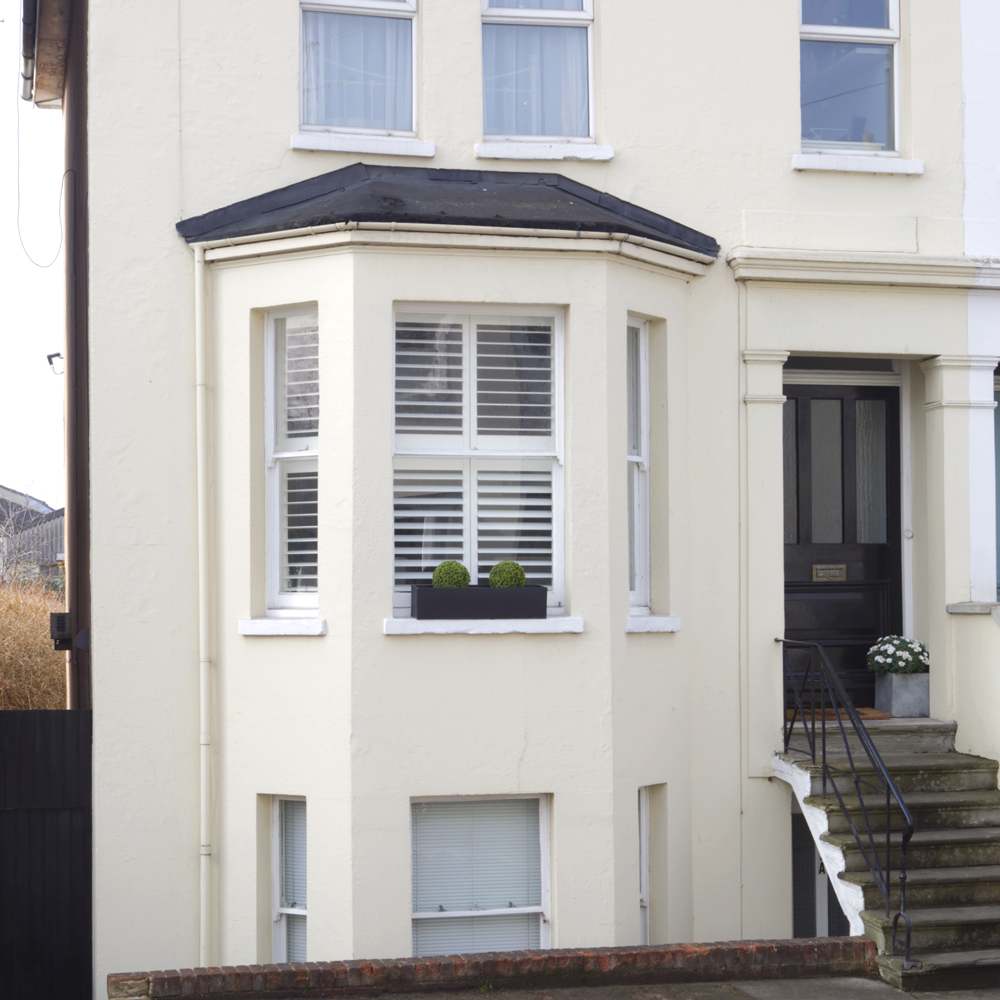
How do I know if a property is freehold?
'If you are getting a short residential lease, it's easy – you will be given a lease (called a tenancy agreement),' advises Jane Lonergan. 'It is a little harder to tell with a long residential lease. The Land Registry maintains definitive land ownership records in England and Wales. The entries on the Land Register for the property will clearly say whether you are dealing with the freehold or leasehold to a property.'
Jane goes on to explain: 'Flats are almost invariably leasehold – each flat owner owns the leasehold to their flat within a larger freehold 'block'. A common arrangement is for the freehold to be owned by a limited company whose shareholders are the flat owners. With leasehold houses, a more cautious approach is advised. There may be good reasons for a house to be leasehold (e.g. to ensure common areas are maintained) but watch out for the ground rent! It may start deceptively low but leases sometimes provide for it to be multiplied at intervals, meaning it rapidly becomes ridiculously high!'
Get the Ideal Home Newsletter
Sign up to our newsletter for style and decor inspiration, house makeovers, project advice and more.
If you have any concerns at all about your leasehold house, it is worth visiting a solicitor as there is legislation in place which could offer you the opportunity to buy the freehold. Factor in solicitor fees for buying a house.
Does freehold mean you own the land?
'You outright own the building as well as the land it sits on and it is your name logged with the Land Registry and the freeholder' states Marc von Grundherr. 'There’s also no time limit or expiry date, so the land and everything on it is yours until such a point that you decide to sell. '
What is the benefit of owning a freehold?
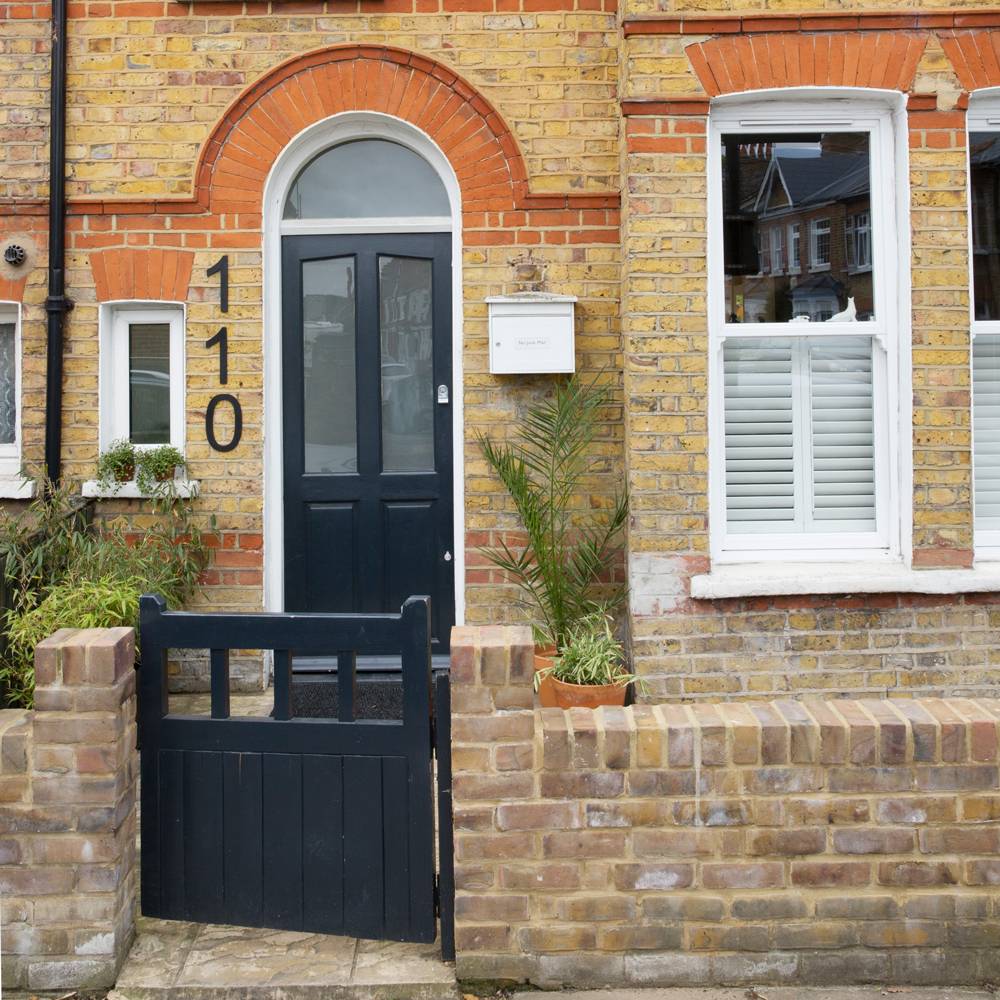
'The complete ownership of this land and the fact there is no ticking clock is probably the largest draw of buying a freehold home,' says Marc von Grundherr. 'All too often homeowners get caught out by their lease running low and this can be an expensive issue to remedy when looking to extend it.
'What’s more, there are no service charges or ground rent, so a leasehold home is unlikely to present any financial surprises. There is also a far greater sense of control in the sense that you can undertake any maintenance as and when required rather than waiting on the freeholder to do so in a leasehold home.'
One immediate benefit of owning a share of the freehold, on a flat for instance, is having control over what you pay as ground rent. Ground rent is a cost that every lease holder has to pay in order to upkeep the building etc – consider if a savings pot for any repairs that might need to be carried out. But some landlords might charge high costs for ground rent and you're never in control of where that money gets spent.
Owning a freehold means you have complete control over the property. Even if it's a shared stake in a freehold, when a property is divided into several flats the freehold will be split equally between the three separate residential dwellings inside.
Is it safe to buy freehold property?
'A thorough survey of any property during the purchasing process should raise any issues around the safety of a building,' advises Marc von Grundherr. 'Of course, as the freeholder it’s your responsibility to remedy any issues. And so the big things to look out for are issues such as subsidence or even Japanese Knotweed. As these can cause serious structural issues that can be dangerous in the long run.'
He goes on to warn. 'The state of the gas and electrics is also an area to focus on as these can be potentially dangerous if not in order.'
What are the disadvantages of owning a freehold?
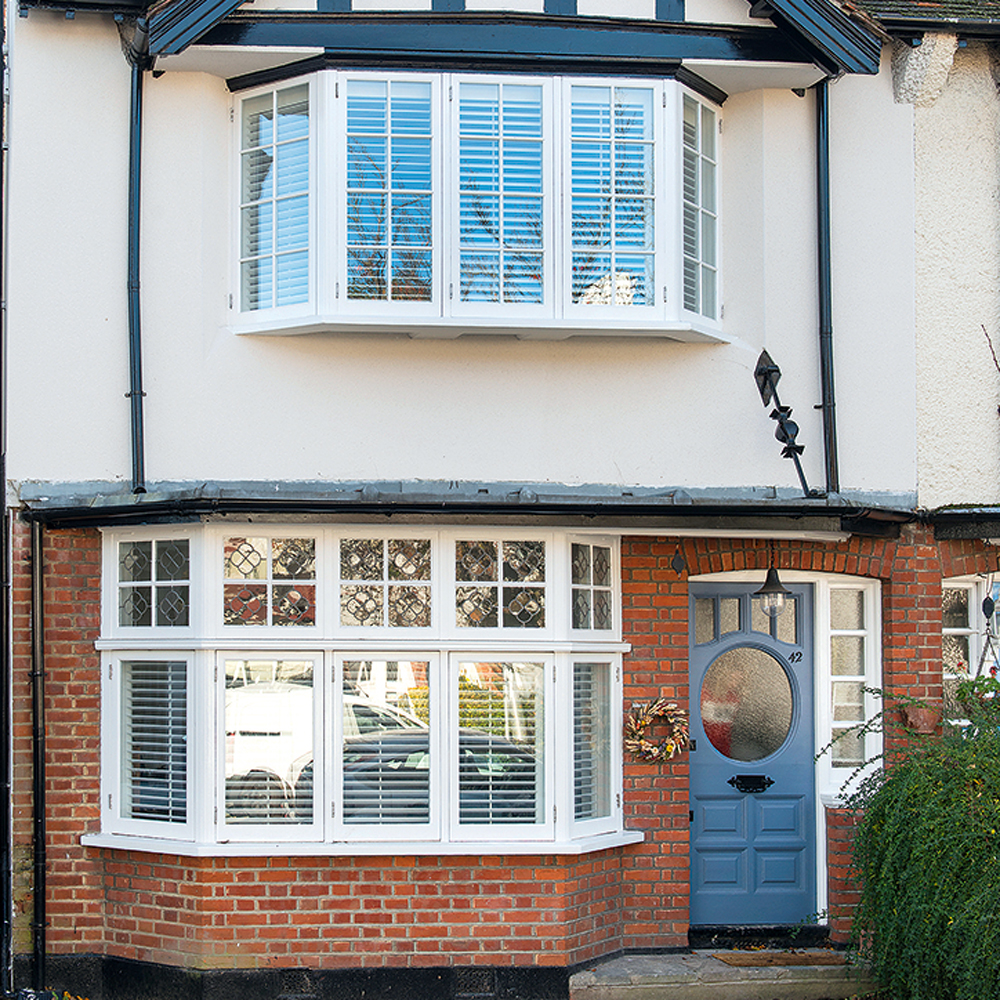
'Don’t be fooled into thinking that because you are the freeholder you can let your property and the land it sits on fall into disrepair,' warns Managing Director of StripeHomes, James Forrester.
'You have a responsibility to maintain the core fabric of the building such as the external walls and roof, as well as the land itself.' This applies to whether you live in the property yourself or rent it out. Because this will be your responsibility as freeholder.
'So when buying a freehold it’s important to consider these additional costs on an annual basis. The best way to do so is to follow the 1% rule. Essentially, if you tuck away a budget equal to 1% of the purchase price of your property, you should easily be able to afford to maintain your home appropriately.'
This is effectively what the cost of paying a ground rent charge on a flat equates to. It's the insurance that any potential costs are covered, for any roof repairs or structural alterations that need to be made.
Tamara was Ideal Home's Digital Editor before joining the Woman & Home team in 2022. She has spent the last 15 years working with the style teams at Country Homes & Interiors and Ideal Home, both now at Future PLC. It’s with these award wining interiors teams that she's honed her skills and passion for shopping, styling and writing. Tamara is always ahead of the curve when it comes to interiors trends – and is great at seeking out designer dupes on the high street.
-
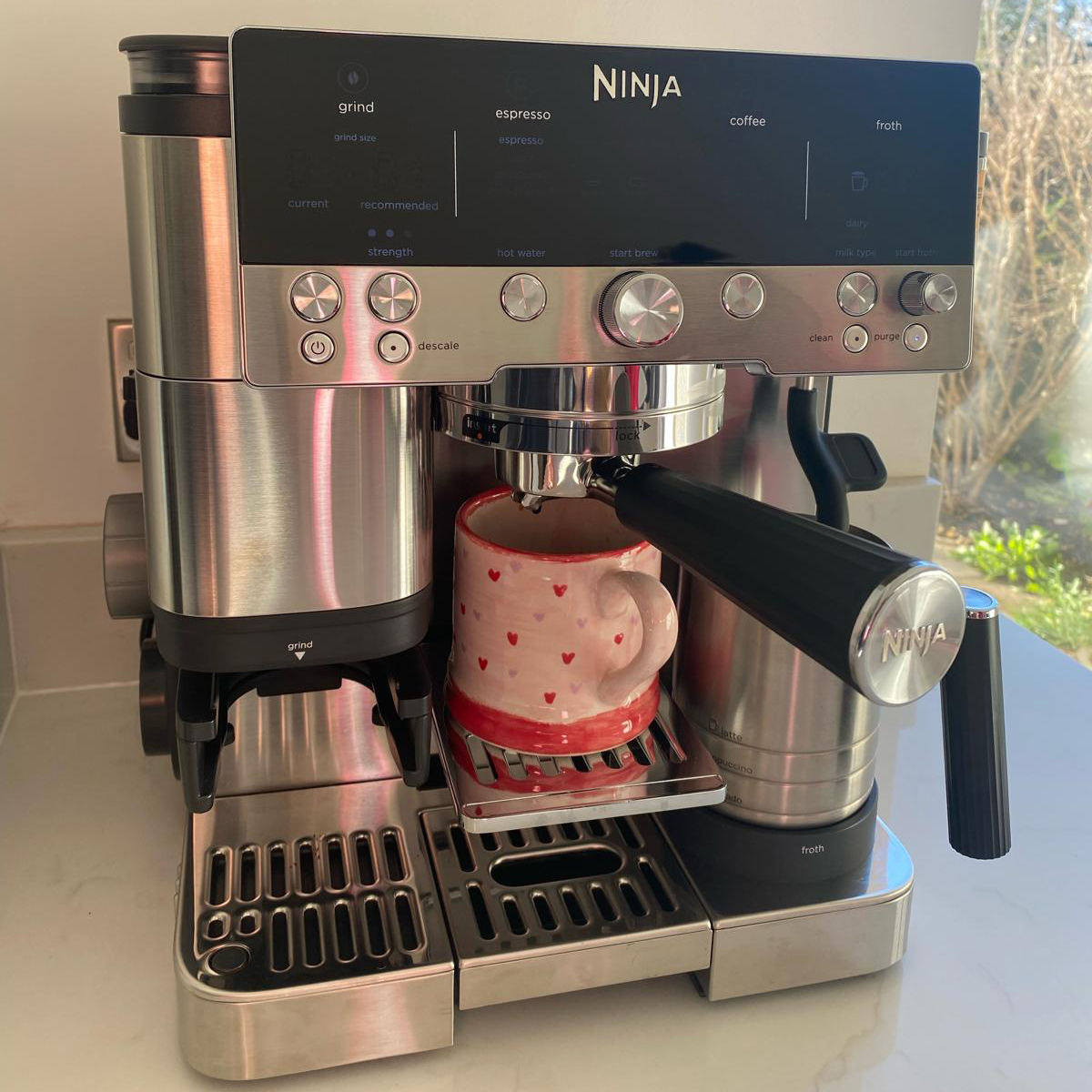 My go-to Ninja coffee machine is on sale for Easter weekend
My go-to Ninja coffee machine is on sale for Easter weekendIt makes coffee shop quality achievable at home
By Molly Cleary
-
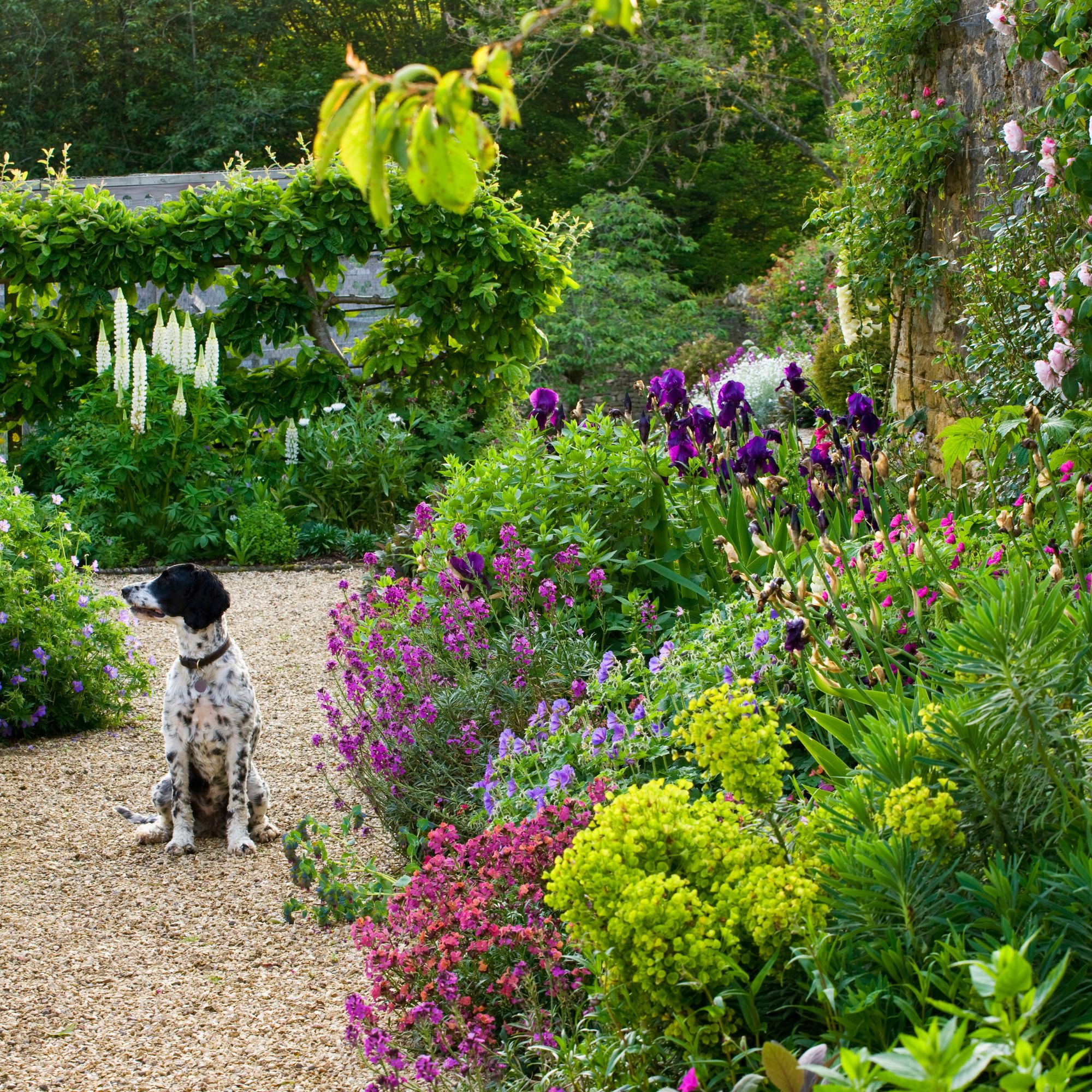 When to plant out annual flowering plants for vibrant, colourful garden borders – and give them the best start, according to experts
When to plant out annual flowering plants for vibrant, colourful garden borders – and give them the best start, according to expertsNot sure when to plant out annual flowering plants? We've got you covered...
By Kayleigh Dray
-
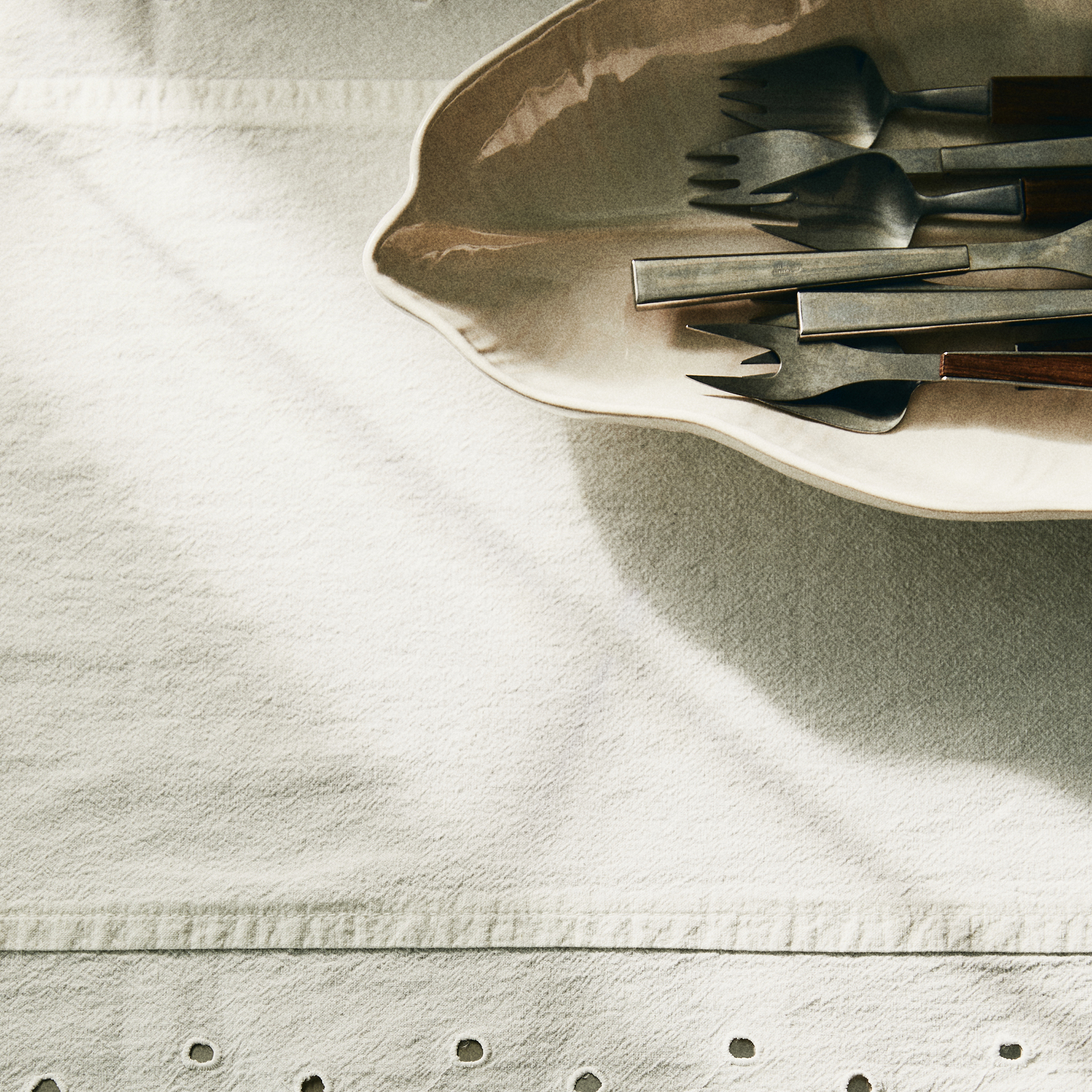 I'm a kitchen decor editor and didn't like this tableware trend - until I saw H&M Home's designer-look plates
I'm a kitchen decor editor and didn't like this tableware trend - until I saw H&M Home's designer-look platesThey made it easy to justify a new crockery set
By Holly Cockburn